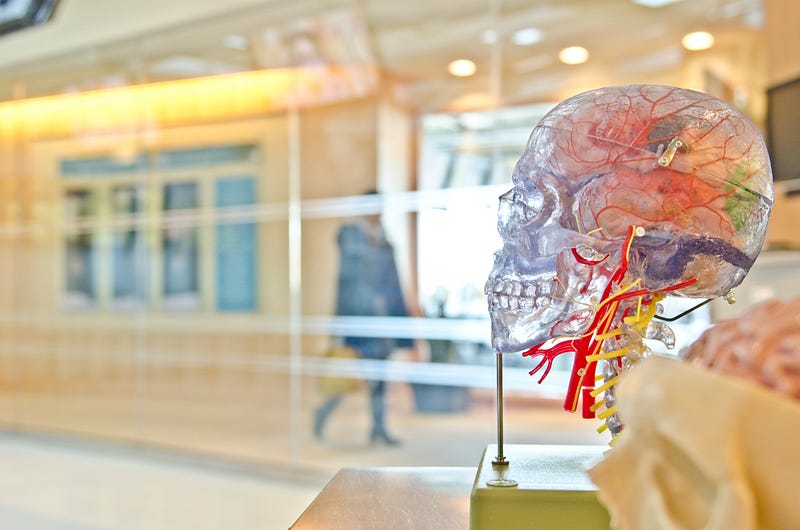As little as 10 minutes of exercise improves cognitive impairment

Recent research has shown that not only does exercise benefit our general cardiovascular health, but also our mental well-being.
Indeed, physical exercise has been strongly linked to adaptation in both our behaviour and our neurobiology — including the structure and function of the brain. Importantly increases have been seen in the formation of blood vessels, key proteins, and neurotransmitters
Exercise directly benefits both the efficiency and health of the brain.
As little as 10 minutes of daily exercise may be sufficient to temporarily boost cognitive function, whilst 6 months of activity, may actually reversesome of the effects of mild cognitive impairment.

One of the most common forms of dementia, Alzheimer’s disease, leads to cognitive impairment, including memory loss and confusion. The latest research by neuroscientists (Choi and team, 2018, and Lafenetre and team, 2011) examine neurogenesis — the development and growth of brain tissue — in mice, in relation to the disease.
Their findings suggest that both a protein and a hormone released during exercise may be responsible for slowing the development of Alzheimer’s disease.
They identified an increased production of irisin, a messenger protein, and hormone, released during exercise, associated with the subsequent improvement in memory recall. Such improvements are likely to be in response to a strengthening of connections between synapses — the junction between two cells in the brain across which information passes.
Related research suggests that brain tissue growth is a dynamic process impacted by changes in the environment, alongside raised levels of brain-derived neurotrophic factor (BDNF).
Even short bouts of exercise are known to increase BDNF expression levels, and subsequently improve the maintenance of existing neurons and promotion of growth in new neurons, especially in the hippocampus.
The function of the hippocampus is highly important to emotional control and cognitive function, including both learning and memory.
Along with the direct benefits, physical exercise also indirectlyaids brain function, including the reduction of the negative impact of stress — which further lowers BDNF.
The future
Alongside existing drug treatments for cognitive impairment, appropriate, complimentary, exercise therapy can be prescribed to boost exercise-induced hormones and subsequently improve cognitive function.
Further research is required to better understand both the duration and intensity of exercise for the best improvements.
Potentially this may vary with the type, severity, and length of the condition. Furthermore, much of the evidence comes from research into mice, this needs to be reflected in human participants.
It still remains unclear, especially in the human model, the impact (both direct and indirect) and the causal connections between, exercise, neurogenesis, learning, and memory improvements.
Computational models may provide an opportunity for initial testing, before subsequent corroboration in physical participants.
On a final note, mimicking exercise through pharmacological means, such as increasing BDNF levels, may also provide a means to directly impact cognitive performance.
Reference
See also, within Medium: limits of endurance, adaptation, mental toughness, evolutionary endurance, aerobic fitness, 10,000 hours
Cappuccio, M. (2019). Handbook of embodied cognition and sport psychology. Cambridge, MA: The MIT Press.
Choi, S. H. et al. Combined adult neurogenesis and BDNF mimic exercise effects on cognition in an Alzheimer’s mouse model. Science361, eaan8821 (2018)
Lafenetre, P., Leske, O., Wahle, P., & Heumann, R. (2011). The Beneficial Effects of Physical Activity on Impaired Adult Neurogenesis and Cognitive Performance. Frontiers in Neuroscience, 5. doi:10.3389/fnins.2011.00051
Cohut, M. (2019, January 11). Exercise can help fight off Alzheimer’s, but how? Retrieved from https://www.medicalnewstoday.com/articles/324151.php
Schoenfeld, T. J., & Cameron, H. A. (2014). Adult Neurogenesis and Mental Illness. Neuropsychopharmacology,40(1), 113–128. doi:10.1038/npp.2014.230